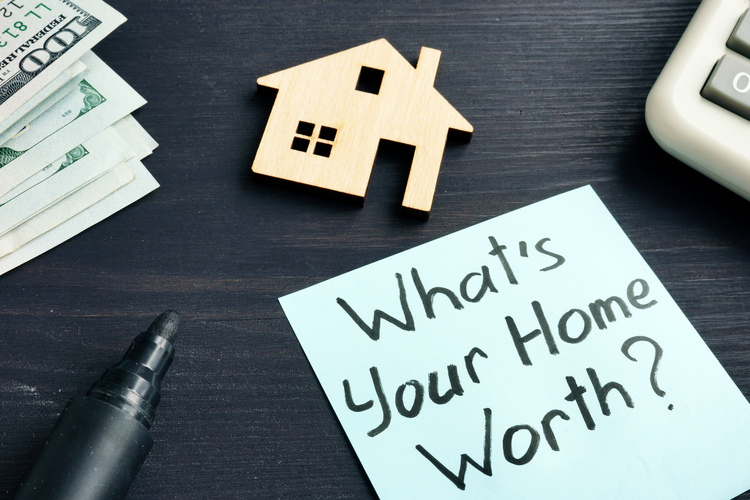Seven Things to Consider Before Buying A Home

- The process of buying and selling a house can cost you money. Those heavy transaction costs increase the odds you have to overcome to make the investment a success.
- Real estate tends to appreciate in value over the long term, which is why you need to buy with a long time horizon in mind.
- A larger down payment can help you qualify for a lower mortgage rate.
Usually people get to wade gradually into investing. Buying a house is more like a plunge into the deep end.
With other investments, you can start small and then make bigger commitments as you gain a little experience. So, you put a few hundred dollars into a stock or have money going into a 401(k) retirement savings plan. Then, you ramp up to bigger investment decisions over time. When you buy your first house though, you may be committing hundreds of thousands of dollars to a type of decision you have never made before.
To help overcome that lack of experience, think through the process of buying a home from an investment standpoint.
Why buying a home is a tricky investment
Buying a home is a form of investment, but it is not like most other investments you will make. For one thing, your home does not generate interest or dividend income — just the opposite, in fact. In addition to your mortgage payments, your home will regularly cost you insurance premiums and real estate taxes.
The other difference between a house and ordinary investments is that real estate is not a very liquid market. The process of buying and selling a house can cost you money. Those heavy transaction costs increase the odds you have to overcome to make the investment a success.
7 tips to make your home purchase pay off financially
How do you overcome financial obstacles and make your home purchase pay off as an investment?
Here are seven suggestions:
1. Think long term
Buying and selling a home can be costly, but real estate tends to appreciate in value over the long term. That is why you need to buy with a long time horizon in mind. Think about how the future of your family and career will impact what you need from a home. Don’t be too enamored with the idea of a “starter home” because a short-term home purchase is more likely to be a financial loser than a long-term one.
2. Evaluate your location
Think about where you are living and whether you see yourself staying there for many years to come. This will not only help you avoid the cost of a relatively short-term purchase and sale. It will also help you to factor housing costs into your decision about whether to stay where you are currently.
The most expensive metropolitan housing market in the U.S. is 10 times more expensive than the cheapest. So, if you live in a pricey area, you have to make sure your career prospects justify the additional expense.
3. Consider renting
As valuable as building home equity can be, in some expensive markets, it may not offset the interest, insurance, and tax costs involved in buying a home. When you net out all those costs, you might find you can save money by renting at a faster rate than you would build in equity by buying a home.
4. Maintain a good credit score
Any dings in your history can cost you in the form of higher down payment requirements and higher mortgage rates. View keeping your credit healthy as an investment because it will pay off over a long period of time if you do.
5. Avoid real estate generalizations
Every real estate agent you talk to will have a favorite rule of thumb about what percentage of your income should go into a house payment, but there is more to it than that. Home affordability involves a very individual set of circumstances that includes your other financial obligations plus the stability and growth potential of your income.
6. Go big on the down payment
A larger down payment can help you qualify for a lower mortgage rate, and the time it takes you to save up that larger down payment will give you more time to get to know the local housing market so you will be better prepared to spot a true deal when the time comes.
7. Shop around for the best rates and price
Mortgage rates, insurance, and even legal and appraisal fees can all vary, so don’t sign on to anything before you’ve done a little comparison shopping.
Of course, your home should represent more to you than just an investment. It may be a commitment you and your spouse make to your future together. As you go through life and perhaps raise a family, it can become the setting for decades of memories. That future and those memories also have value. Making the right investment decision about buying a house can help protect those other forms of value as well.